-
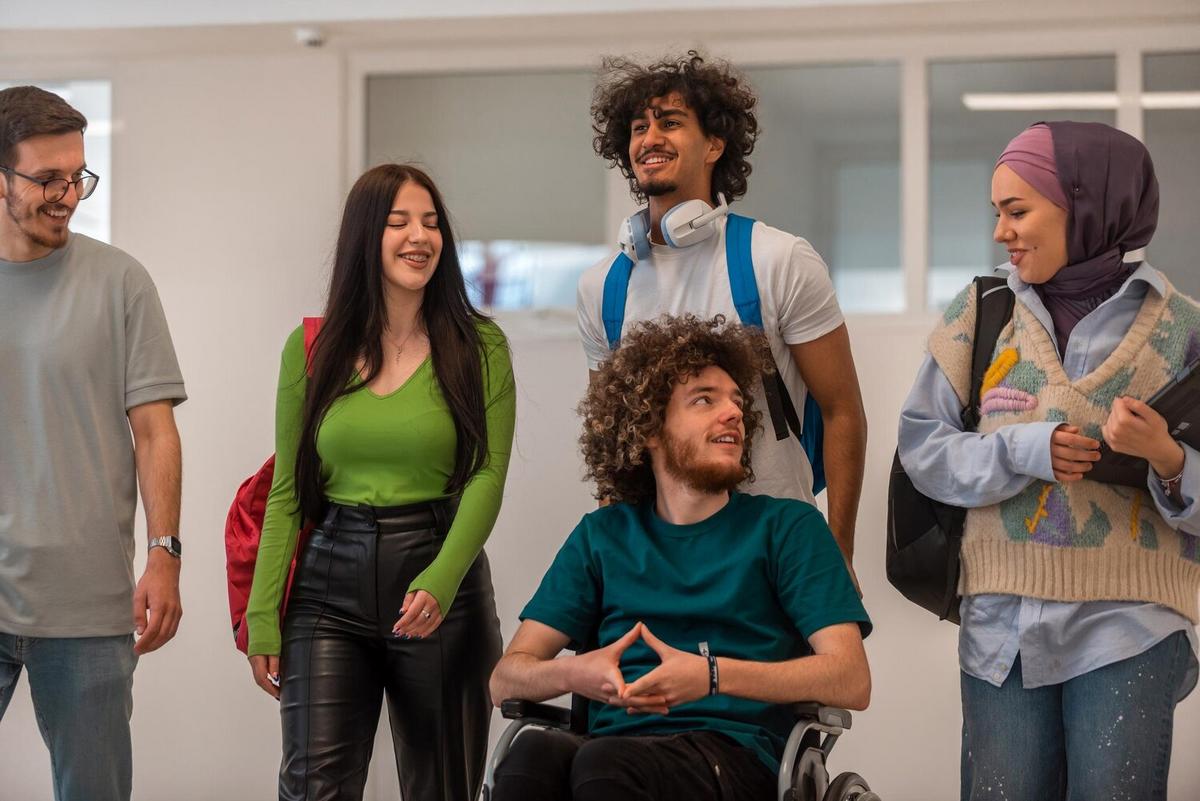
Creating Inclusive Learning Environments for Diverse Learner Needs
•
Creating an inclusive learning environment is vital for accommodating the diverse needs of all learners. With classrooms becoming increasingly heterogeneous, educators must adopt strategies that recognize and celebrate these differences to foster a supportive and effective learning space.
-
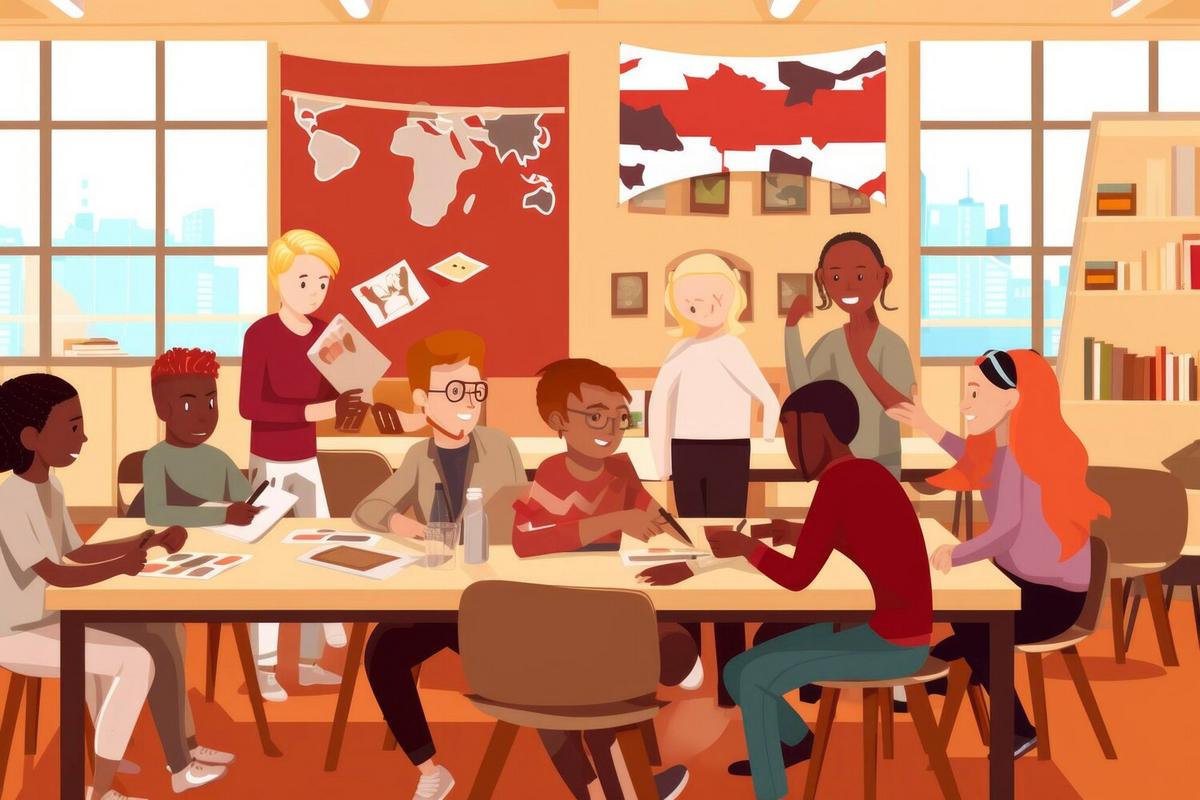
How to Implement Character Education in the Classroom
•
Character education plays a vital role in shaping young minds, fostering a sense of responsibility, empathy, and integrity that goes beyond academic success. It’s about nurturing well-rounded individuals who contribute positively to society.
-
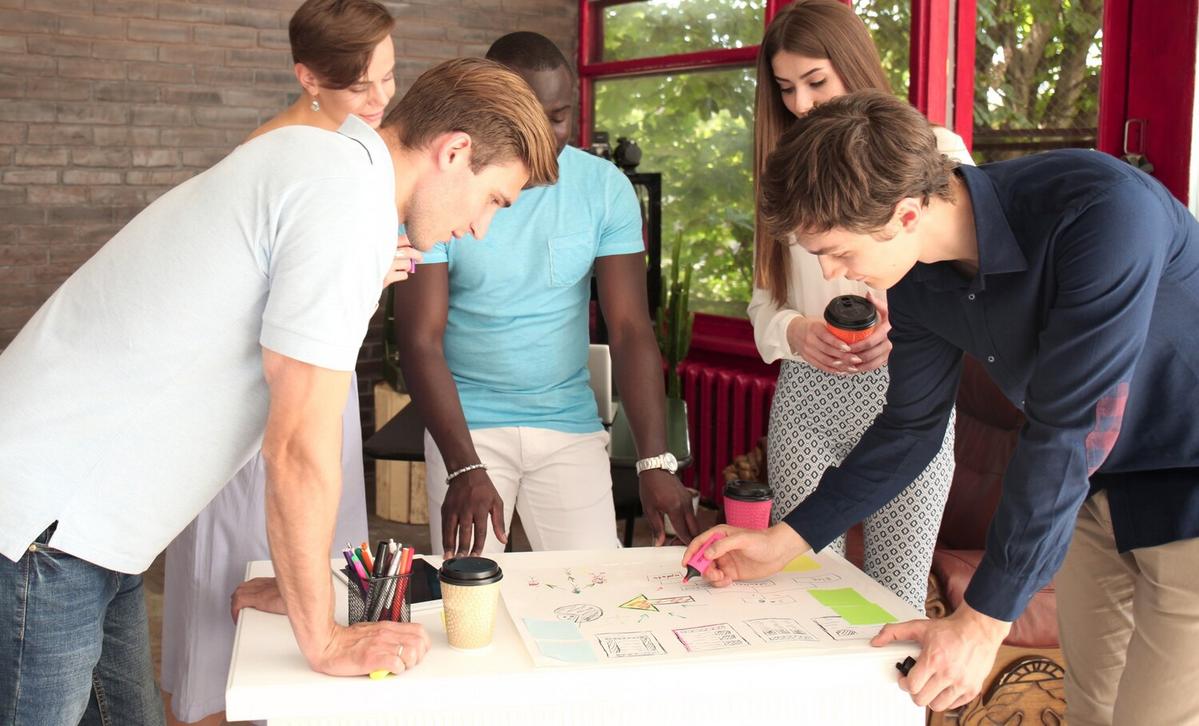
Empowering Students through Project-Based Learning Approaches
•
In the realm of human-centered education, project-based learning (PBL) emerges as a transformative approach that equips students with essential skills for the future. This educational method not only fosters critical thinking and collaboration but also empowers students to take charge of their learning journey.
-
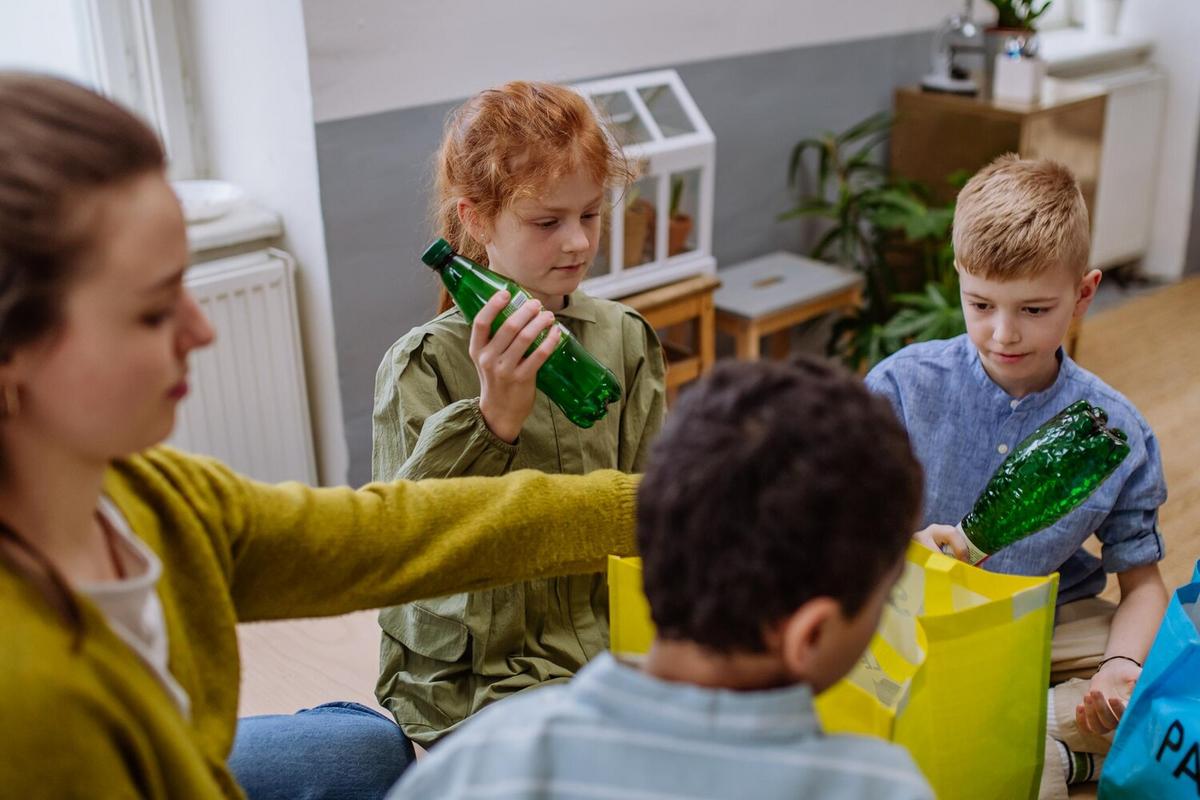
The Significance of Social-Emotional Learning (SEL) in Child Development
•
Social-emotional learning (SEL) is increasingly recognized as a cornerstone in child development, shaping not only academic success but also the holistic well-being of children.
-

Promoting Global Citizenship Education: Preparing Students for a Globalized World
•
The concept of global citizenship education is gaining momentum as educators recognize the need to prepare students for a world that is increasingly interconnected. This approach to learning goes beyond traditional subjects, encouraging students to understand and engage with global issues, cultures, and perspectives.
-
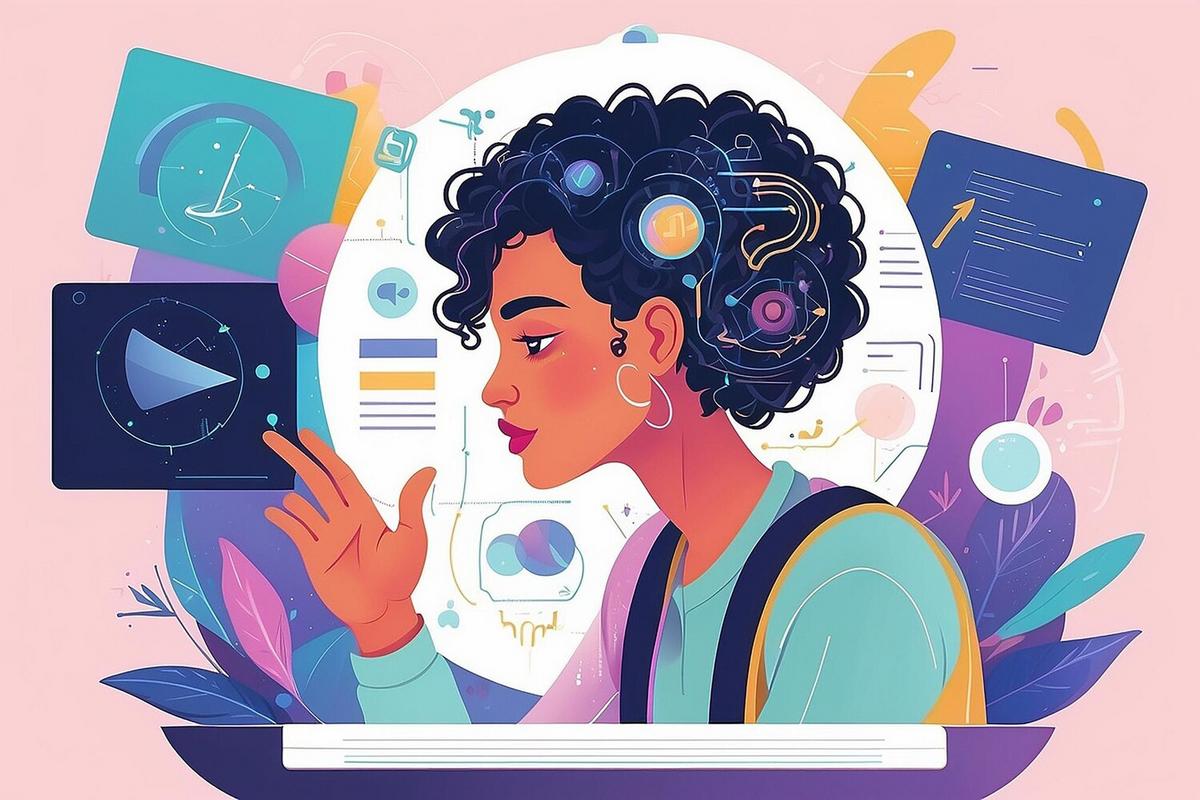
Developing Critical Thinking Skills in the Age of Information Overload
•
In the vast digital landscape where information floods our screens daily, developing critical thinking skills has become more essential than ever. Navigating this sea of data requires not just the ability to find information, but the discernment to evaluate its credibility and relevance.
-

The Role of Arts Education in Cultivating Creativity and Innovation
•
Arts education has long been recognized as a crucial component in developing a well-rounded individual, yet its role in fostering creativity and innovation is often underestimated. This exploration delves into the transformative power of arts education, highlighting its significance in nurturing the creative minds of tomorrow.
-

Building Resilience in Students: Strategies for Educators and Parents
•
In the realm of human-centered education, fostering resilience in students has become a pivotal focus for educators and parents alike. Resilience, often defined as the ability to bounce back from adversity, is a crucial skill that can help students navigate the challenges of both academic and personal life. This article delves into effective strategies…
-

Incorporating Mindfulness Practices into School Curriculums
•
Exploring the integration of mindfulness practices into school curriculums reveals a promising approach to nurturing mental well-being and academic success among students. By fostering greater self-awareness and emotional regulation, mindfulness can transform classroom dynamics and student engagement.
-

Fostering Emotional Intelligence in Students: Key Strategies and Benefits
•
Emotional intelligence (EI) is increasingly recognized as a crucial skill for students, influencing both personal and academic success. As educators focus on holistic development, fostering EI in students becomes a key component of human-centered education.